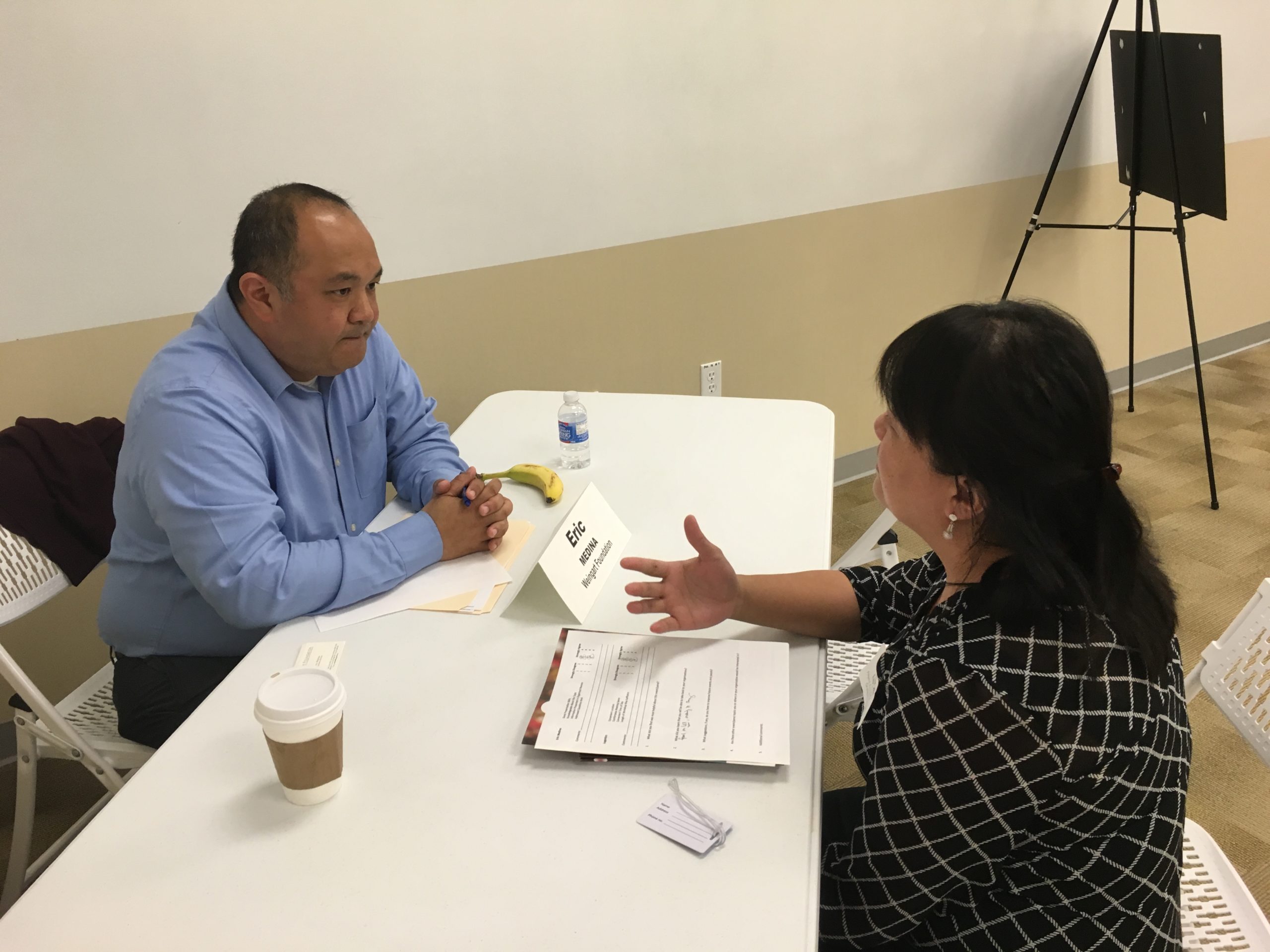by Debra Fong
This article was originally posted on the National Committee for Responsive Philanthropy (NCRP) blog on October 3, 2016.
“Debra, one of your grantees submitted a proposal to me. It was 20 pages long. The grant guidelines stated a maximum of 12 pages!”
“Debra, many of the applications that I have received from API nonprofits are very poorly written, so it is difficult to fund these organizations based on the application.”
These are two examples of feedback I’ve heard from my peers as executive director of the Asian Pacific Community Fund (APCF) in Los Angeles. Many of the Asian and Pacific Islander (API) nonprofits in our county are small and need more assistance to access foundation funding.
To address this challenge, we partnered with Asian Americans/Pacific Islanders in Philanthropy – Los Angeles (AAPIP-LA) to hold a “Meet the Funders” (MTF) event earlier this year. Although this is not a new idea, the typical MTF event, such as a panel talking about their grant requirements and the dos and don’ts of applying, doesn’t provide enough information for most API nonprofits to submit a successful grant application. We needed to take it one step further for those we support.
The goals of our event were to provide API nonprofits with all the necessary information to complete a grant application, and to help them understand the landscape in which they are competing for funding.
When I was the development director of a nonprofit, I had to navigate the same waters. I remember reading through all of the information on a foundation’s website multiple times and still wondering whether my program would fall within the guidelines. It would have been so helpful if there was someone I could just pick up the phone and call to say, “This is what my program does … Would it fall under your grantmaking guidelines?”
Our MTF event allowed for this conversation and more to take place. Representatives from the California Wellness, Ralph M. Parsons and Weingart foundations participated in a one-hour panel to discuss topics such as the importance of a well-written and thought-out LOI, calling to find out why an LOI or application was denied, and what is the most effective and efficient way to share information with a funder.
We provided panelists with questions ahead of time to allow them to prepare more thoughtful responses, and we solicited questions from the nonprofits during the registration process. This helped shape the panel discussion to be meaningful to the attendees.
Afterwards, the funders stayed for an additional two hours to meet with nonprofit representatives in 15-minute increments. Nonprofits were prescheduled for these one-on-one appointments, so they were able to prepare for their dedicated time with the funder.
Not only did these sessions allow nonprofits to ask very specific questions about their programs, organizations and situations, but it opened the door for them to build a relationship with foundation staff – to know someone they can call if they have a question and be comfortable that they can do that.
Completing a grant application often requires a lot of resources, so it’s just as valuable to know when not to submit. Because this was our first time offering the one-one-one sessions, we were not sure how the funders would respond, but they were all very open to the idea. There were some concerns that attendees would walk away with the impression that they would be funded, but we instructed the funders to be very honest and frank with the nonprofits; if the answer would be “no” or “not likely,” then that is what they needed to share.
In the end, feedback about the event was overwhelmingly positive. For the nonprofits, this was a rare opportunity to hear from these funders; let alone have a one-on-one session to personally meet and find out how they can submit a successful grant application, or whether it wouldn’t be worth their time to apply. The funders appreciated the opportunity to learn about new and emerging organizations, as well as others they may not have had the chance to meet or learn about previously.
Especially for culturally specific organizations, like those in our API community, it is crucial for funders to help build capacity and provide more hands-on guidance in the application process. I encourage place-based funders to embrace this leadership role to better support those who are most underserved and marginalized in our communities.
Debra Fong is executive director of the Asian Pacific Community Fund, and an AAPIP LA Chapter Co-Chair. The MTF event was open to any nonprofit organization that serves the API community with priority going to APCF grantees and partners for the one-on-one sessions.
Photos courtesy of Debra Fong.
